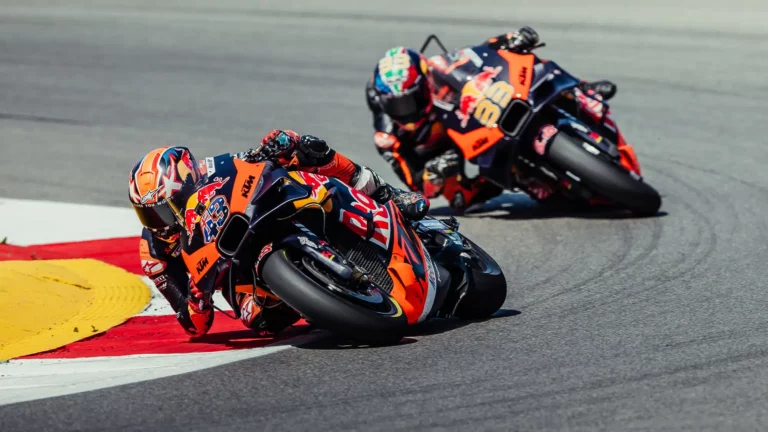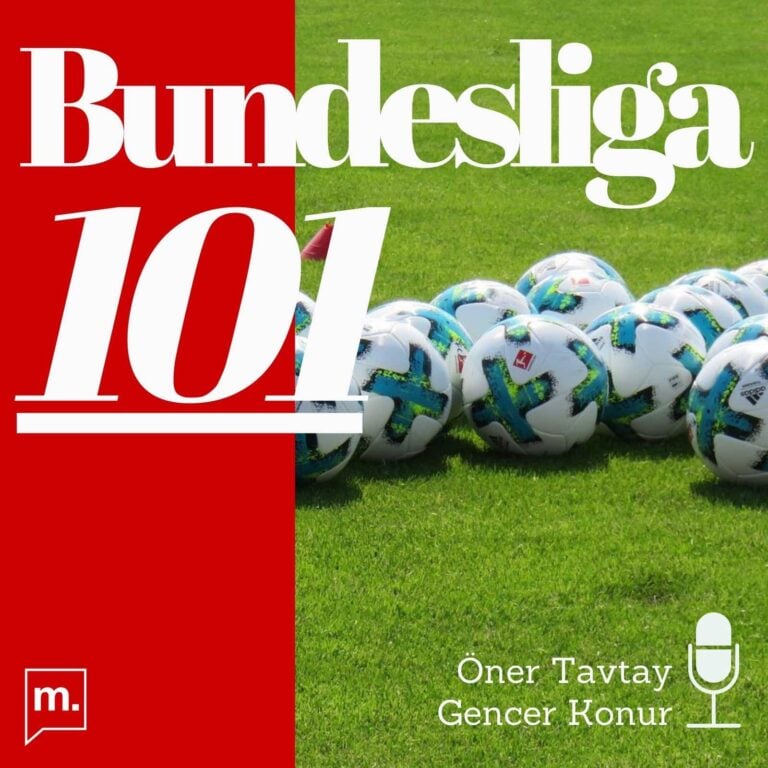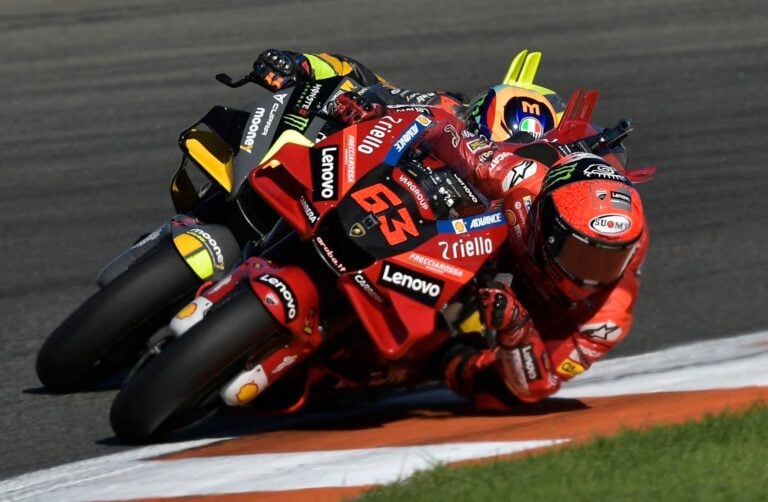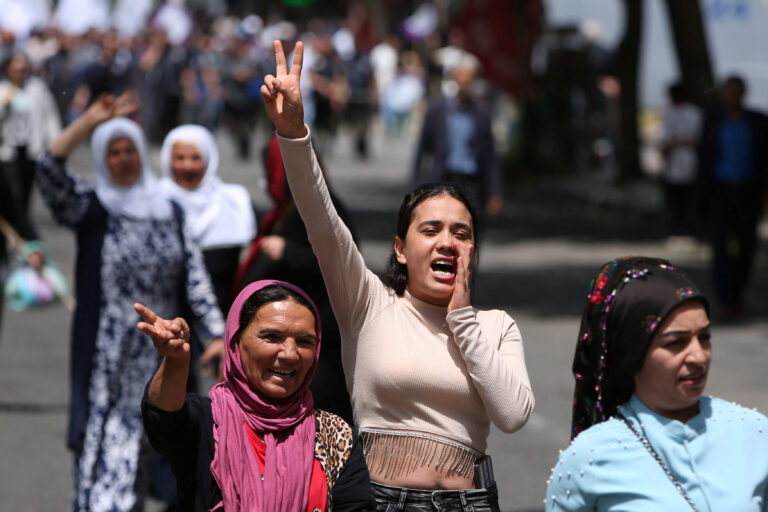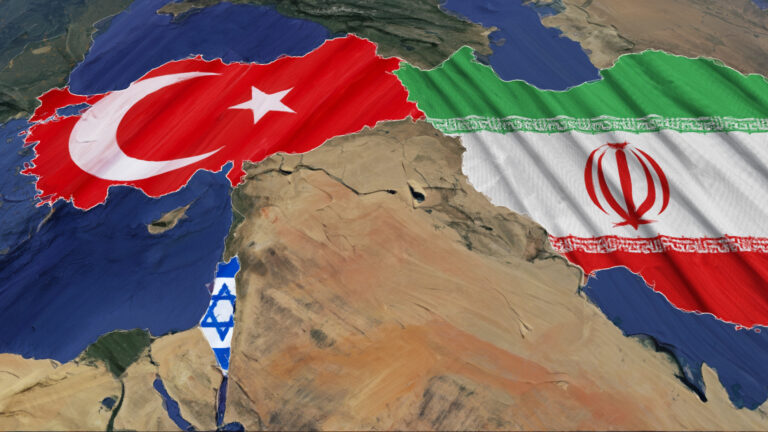by Leo Kendrick
An anti-vaccine protest in Istanbul’s Maltepe district this past weekend (11 September) attracted over 3000 participants.

The protest, entitled “the Big Awakening” (Büyük Uyanış) by its organizers, was conducted without social distancing measures in place, and nearly all of the participants were not wearing masks. The event took aim not only at Turkey’s vaccination programme itself, but also against mask mandates, testing requirements, and newly implemented rules regarding intercity travel and entrance to closed public spaces for unvaccinated individuals. These stricter measures went into affect across Turkey last Monday (6 September), the same day schools reopened their doors.
The protest took place in Maltepe district, where protestors were required by police to wear face masks to enter. Free masks were distributed to those without, but the majority of participants promptly removed their masks after entering. Although the Maltepe district governor had not given permission for the protest due to coronavirus infection risk, permission was granted by the Istanbul governorate, and the event started at 15:00 on Saturday afternoon.
Following the event, Medyascope spoke with Prof. Dr. Bülent Ertuğrul, an infectious disease expert at the KLİMİK association. Ertuğrul expressed that although it is important not to give these demonstrations too much attention, they show the extent to which some individuals have stopped believing in science. Ertuğrul also drew an interesting comparison to the ongoing protests at Boğaziçi University, saying “If Boğaciçi students had organized a similar protest against the new rector, who knows what would have happened to them,” implying that a protest of this type and size would not have been tolerated.
Also speaking to Medyascope, KLİMİK board member Prof. Dr. Alpay Azap expressed incredulity, drawing a comparison to the use of seatbelts in automobiles, saying “Seatbelts improve the chances of surviving a car accident somewhere between 45-50% and everyone believes the use of seatbelts to be right and safe. We do not understand why the same is not true for vaccines, whose level of protection offered compared to this example is actually much higher.”

Medyascope talked to protestors at the event, some of whom attempted to explain their stance on the vaccine and reason for attending the event. One woman explain her thoughts, saying “We are not anti-vaccine, we are just vaccine-wary,” characterizing the event not as one for “anti-vaxxers” but rather “vaccine-skeptics”. Many expressed skepticism at the information provided by the Health Ministry, as well as the rapid vaccine development process. One protester noted that while vaccine development usually takes several years, the existing coronavirus vaccines were developed in just months, arguing that their long-term effects are still unclear.
Several prominent writers and journalists spoke at the event, including Abdurrahman Dilipak, who in his speech presented a list of five demands: closing of the World Health Organization, lifting of PCR test requirements, research proving the disease does not actually exist, lifting of mask requirements, and establishment of a parliamentary commission to research attempts to insert chips into animals and humans. “We are here to challenge the global powers,” Dilipak said, also arguing that images and reporting of coronavirus casualties were designed to scare citizens and make them believe in the disease.
Erkan Trükten, another author who spoke at the event after Dilipak, took aim at media and journalists for their framing of the protests, saying “Members of the press coming here will spread news saying ‘they gathered and spread the virus'”. Speaking to the government, Trükten also warned “Either you will give us our freedom, or you will bring Turkey towards chaos.”In a broadcast aired earlier today (13 September) analyzing the protests, Medyascope’s Ruşen Çakır commented on the diversity of the crowd, saying it attracted a broad array of people, for whom vaccine skepticism and opposition is common ground. Echoing Dr. Ertuğrul’s comments, Çakır noted that a similar event organized by Boğaziçi students or LGBT activists would likely not have been tolerated.
Turkey’s anti-vaccination movement, while not as prominent or organized as those in many other countries, saw perhaps its largest venue yet with Saturday’s event. Although vaccine opposition and hesitancy remain major hurdles for Turkey’s ongoing vaccination drive, anti-vax sentiments are not mainstream, and major figures from across the political spectrum have encouraged citizens to get the jab. Checking of HES codes (Turkey’s coronavirus tracking system) and vaccination cards, now commonplace for many large events in Turkey, did not take place at last weekend’s protest.
Medyascope'un haftalık e-bülteni
Andaç'a abone olun
Editörlerimizin derlediği öngörüler, analizler, Türkiye’yi ve dünyayı şekillendiren haberler, Medyascope’un e-bülteni Andaç‘la her çarşamba mail kutunuzda.






